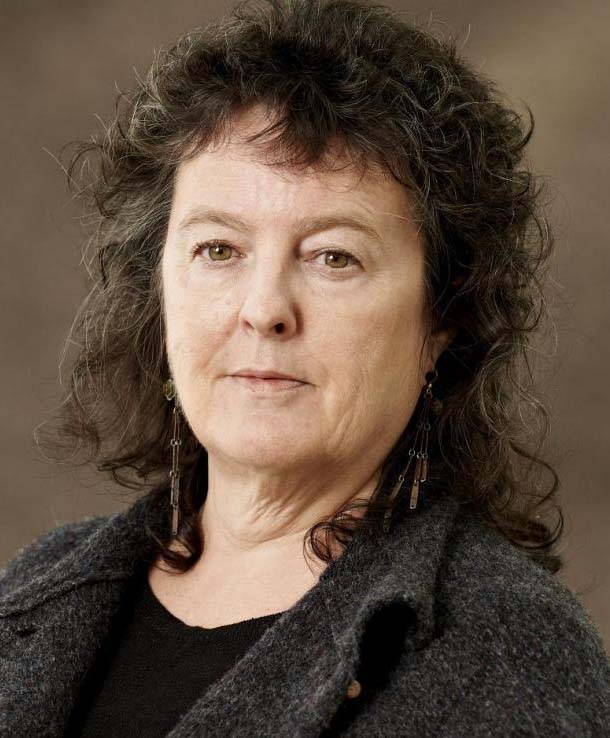Mrs Quasimodo’s Divorce (an excerpt)
. . . We lived in the Cathedral grounds.
The bellringer.
The hunchback’s wife.
The Quasimodos. Have you met them? Gross.
And got a life;
our neighbours – sullen gargoyles, fallen angels,
cowled saints
who raised their marble hands in greeting
as I passed along the gravel paths,
my husband’s supper on a tray beneath a cloth.
But once,
one evening in the Ladychapel on my own,
throughout his ringing of the seventh hour,
I kissed the cold lips of a king next to his queen.
Don’t ask me why.
Something had changed,
or never even been.
Soon enough,
he started to find fault.
Why did I this?
How could I that?
Look at myself.
And in that summer’s dregs,
I’d see him
watch the pin-up gypsy with her goat
dancing for the tourists in the square;
then turn his discontented, traitor’s eye on me
with no more love than stone.
. . . Where did it end?
A ladder. Heavy tools. A steady hand.
And me, alone all night up there,
bent on revenge.
He had pet names for them.
Marie.
The belfry trembled when she spoke for him.
I climbed inside her with my claw-hammer, my pliers,
My saw, my clamp;
and, though it took an antagonizing hour,
ripped out her brazen tongue
and let it fall.
Then Josephine,
his second-favourite bell,
kept open her astonished golden lips
and let me in.
the bells. The bells.
I made them mute.
No more arpeggios, or scales, no stretti, trills
for christenings, weddings, great occasions, happy
days.
No more practicing
for bellringers on smudgy autumn nights.
No clarity of sound, divine, articulate,
to purify the air
and bow the heads of drinkers in the city bars.
No single
solemn
funeral note
to answer
grief.
I sawed and pulled and hacked.
I wanted silence back.
– Carol Ann Duffy
This is a poem from Scotland. An eloquent example of the fresh new Scottish literature at the very end of the twentieth century. It is taken from the anthology New Scottish Writing edited by Harry Ritchie and published by Bloomsbury in 1996. Something bright and stirring as befits a new year.

